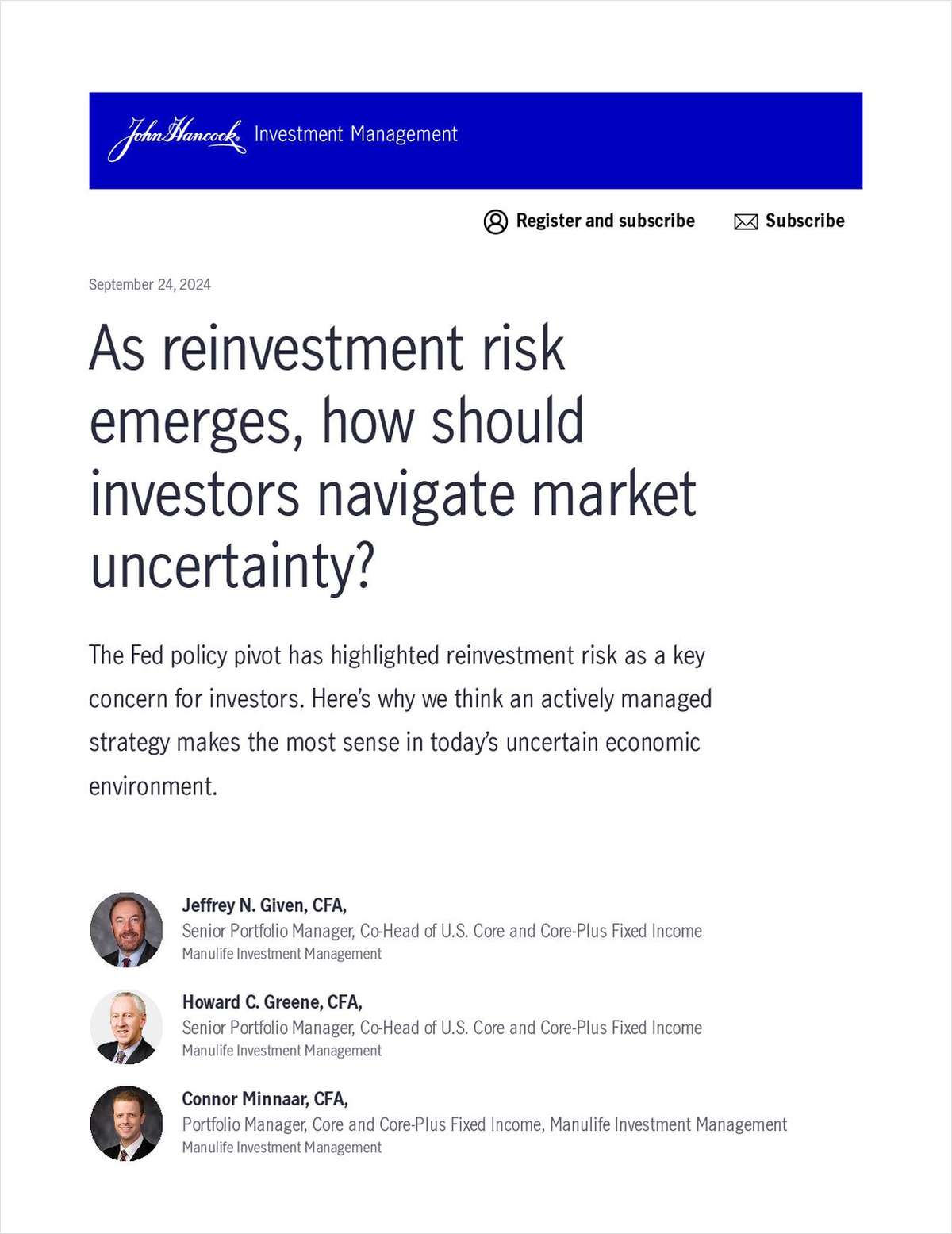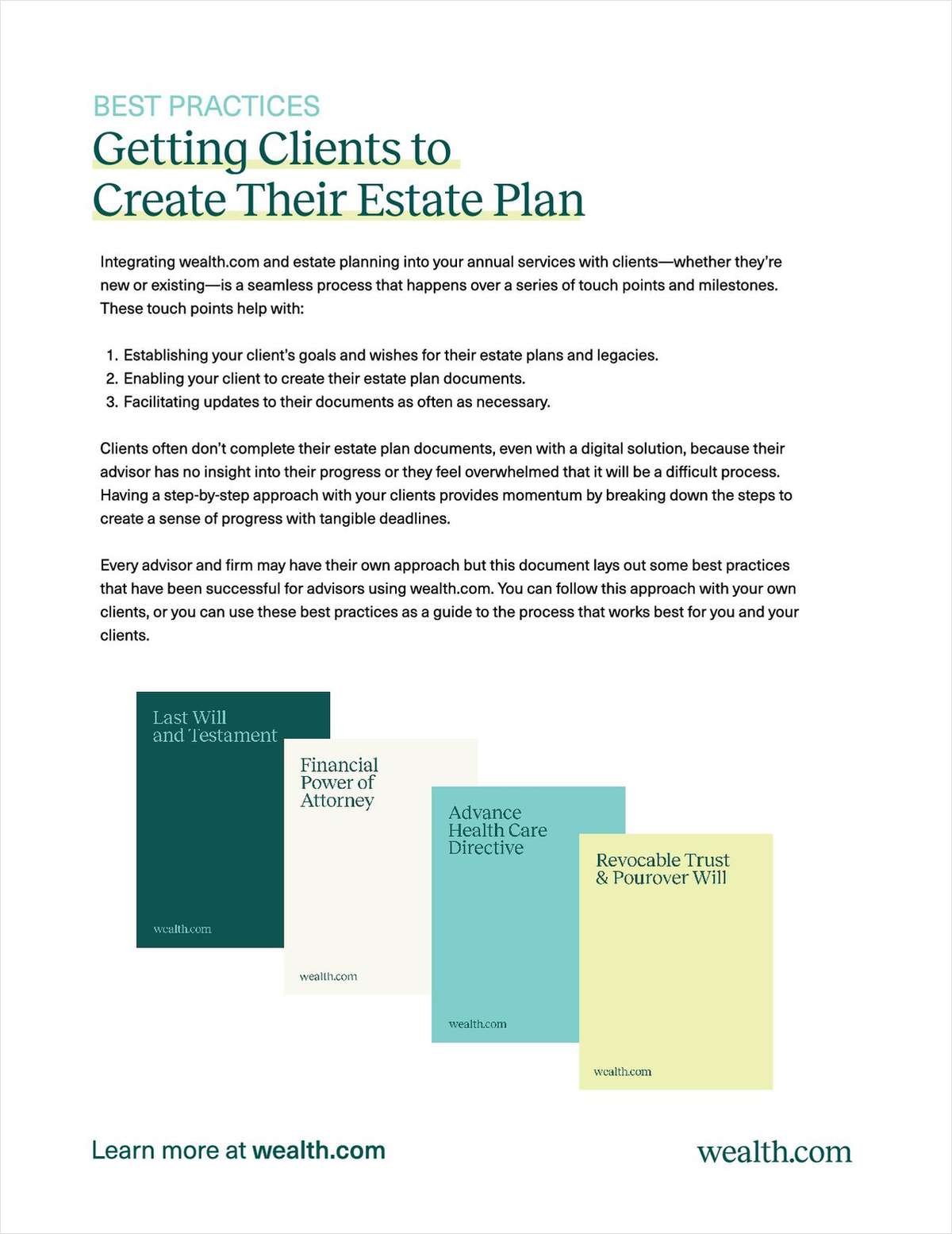Back in June we looked at the charms and hazards of home swapping (see "High-Risk Trading—Not of Derivatives, But of Homes," Investment Advisor, June 2013), and one question that didn't have a satisfactory answer was whether a home swapper was allowed to drive the car of the person he was swapping with.
The question was problematic, but there appears to be a solution, of sorts, that will not only let you find a car while you're vacationing, but will also let you satisfy your behind-the-wheel fantasy to drive a Lamborghini or a Tesla—or to, as the car-swapping firms say, make money from your car.
A number of companies have sprung up that offer ways for individuals to rent cars from other individuals instead of rental companies. For renters, it's a lower-cost option than a conventional car rental company; they gain the ability to rent any kind of car they want; and for those who don't need a car on a daily basis, it's a way to eliminate the need to own and maintain a car. For owners, it's a way to make money from a car that might otherwise spend much of its time sitting in a garage or driveway slowly depreciating.
Sound too good to be true? Well, there are caveats. Still, lots of recent startups have gotten the idea that peer-to-peer car rental is a good enough business that they, and their customers, can make or save money from it. Some firms include RelayRides, Getaround, Sidecar and FlightCar. Business models are similar, but of course there are variations from company to company.
The services aren't available in all states, but the idea is growing in popularity, particularly among those who like the idea of only having a car when they need one. And, unlike home-swapping, it's insured.
The insurance issue, however, is what keeps some companies from operating in, say, New York, where Superintendent of Financial Services Benjamin Lawsky slapped car-swapping firm RelayRides with a cease-and-desist order in May and issued a scam alert to consumers. The problem? While RelayRides says motorists are covered to the tune of $1 million in case of accident or injury—coverage for the firm is provided by Hudson Insurance Company—Lawsky says they're not, and that Hudson's coverage has not been approved by the state.



